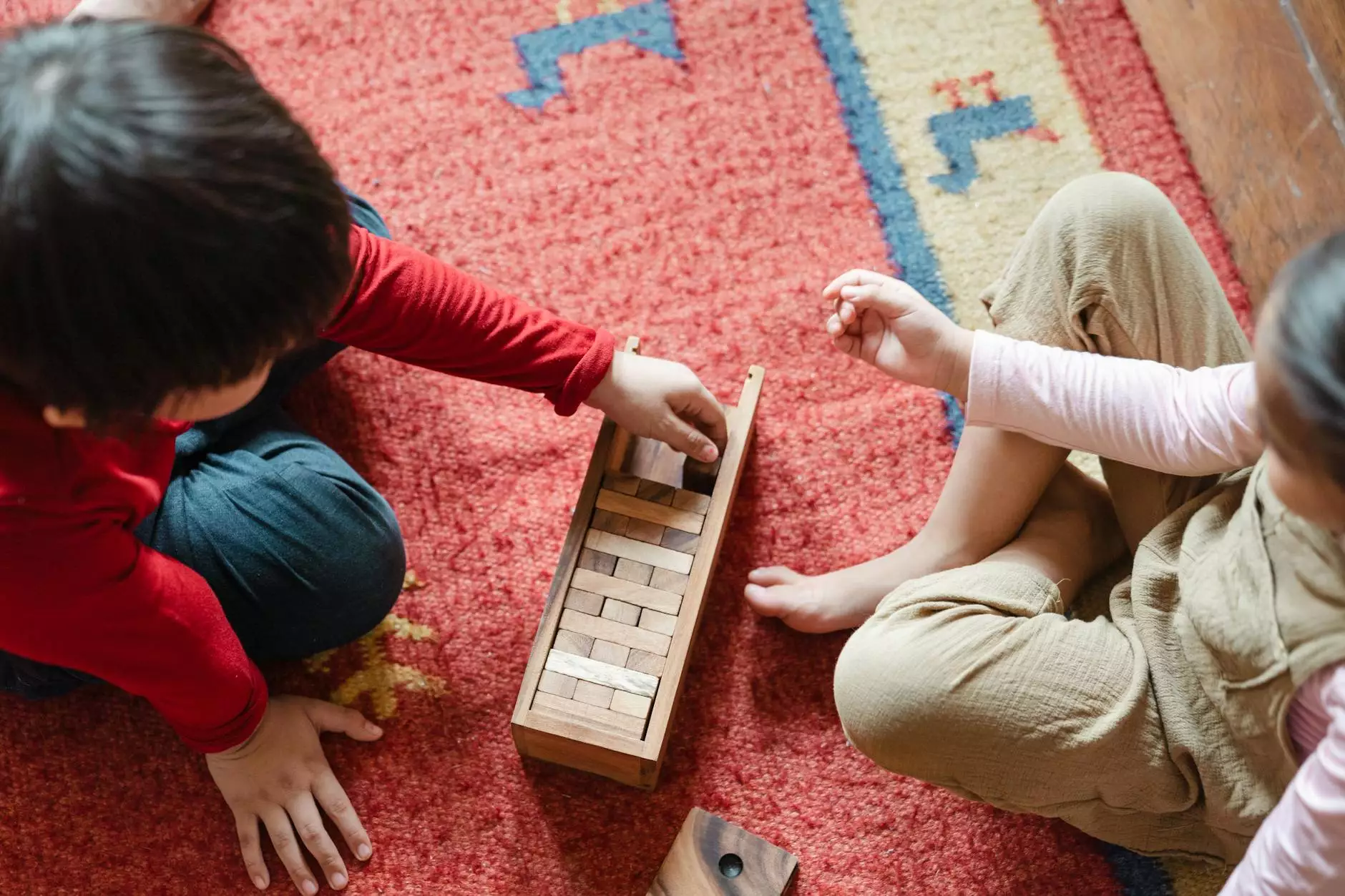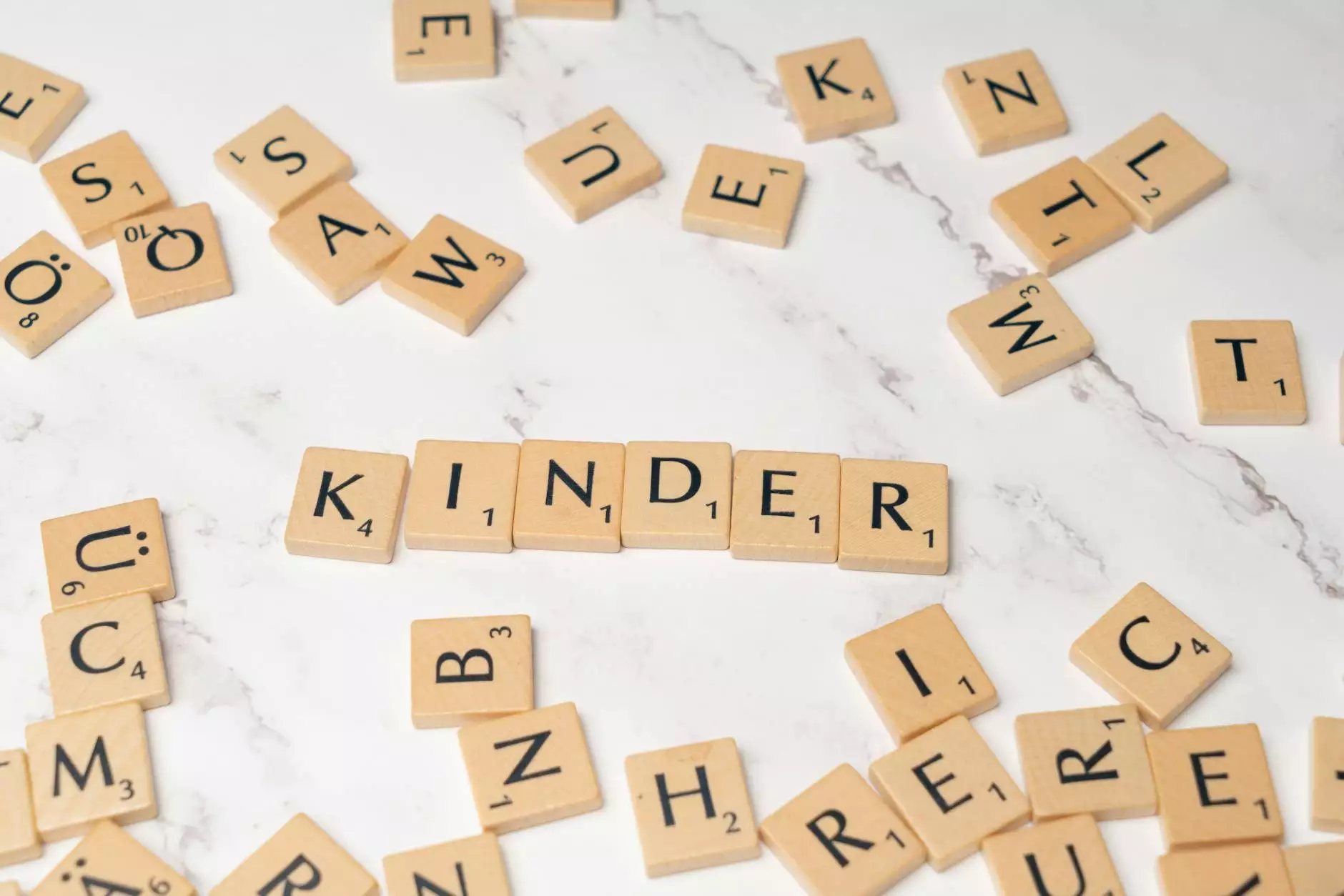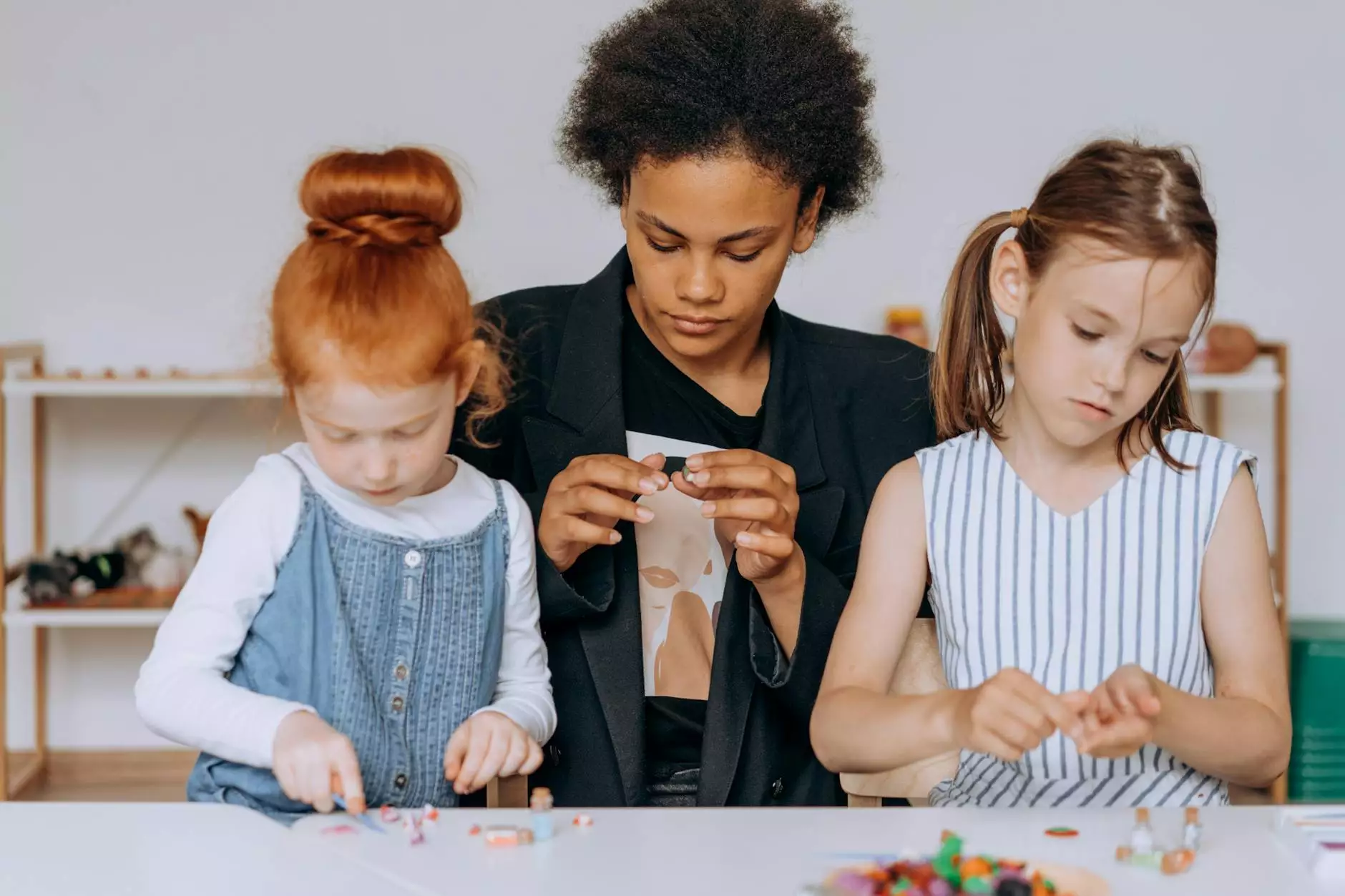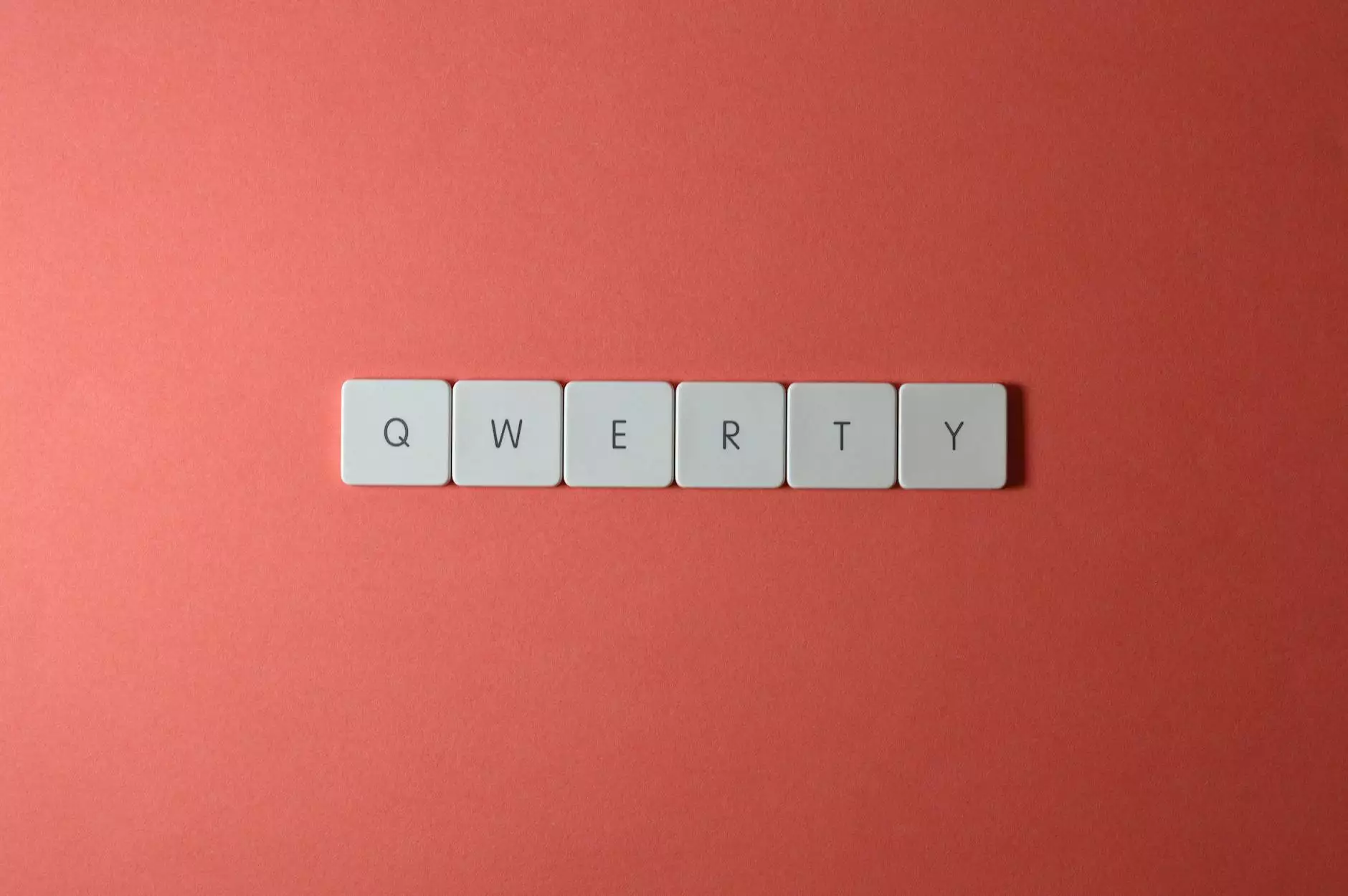10 Skills Every Child Needs to Be Ready for Kindergarten

As parents, we all want our children to start their educational journey on the right foot. Kindergarten sets the foundation for future learning and development, shaping their academic and social skills for years to come. At The Knowledge Nest, we understand the importance of preparing children for this pivotal step. In this comprehensive guide, we'll explore the top 10 skills your child needs to be fully ready for kindergarten.
1. Language and Communication Skills
Strong language and communication skills are essential for a successful transition to kindergarten. Encourage your child to engage in conversation, express their thoughts and ideas, and build vocabulary. Reading books together and playing language-focused games can be beneficial in developing their linguistic abilities.
2. Pre-Reading Skills
To excel in kindergarten, children should have a solid foundation in pre-reading skills. These include letter recognition, phonetics, and basic sight word identification. Engaging in activities that promote letter and sound recognition can provide a head start for your child.
3. Numeracy and Math Readiness
Mathematics is a fundamental subject in early education. Introduce your child to numeracy concepts through puzzles, counting games, and hands-on activities. Focus on number recognition, basic addition and subtraction, and early problem-solving skills to boost their math readiness.
4. Fine Motor Skills
Developing fine motor skills is crucial for various tasks, such as writing, coloring, and using scissors. Encourage your child to engage in activities that strengthen their hand-eye coordination, such as drawing, threading beads, and cutting shapes. These activities will help them become more independent in their daily tasks.
5. Social and Emotional Development
In kindergarten, children are exposed to new social environments and interactions. Help your child develop strong social and emotional skills by encouraging empathy, sharing, and cooperative play. Teach them problem-solving strategies and how to handle their emotions effectively.
6. Cognitive Skills
Kindergarten focuses on developing critical thinking and problem-solving abilities. Engage your child in activities that stimulate their cognitive skills, such as puzzles, memory games, and logical reasoning exercises. These activities will enhance their cognitive abilities and boost their overall academic performance.
7. Physical Education and Gross Motor Skills
Gross motor skills play an important role in a child's overall development. Encourage physical activities that promote coordination, balance, and body control. Outdoor play, sports, and dance classes are excellent ways to enhance their gross motor skills.
8. Creativity and Imagination
Kindergarten nurtures a child's creativity and imagination. Provide opportunities for artistic expression through drawing, painting, and storytelling. Encourage them to think outside the box, explore different materials, and express their ideas freely.
9. Self-Help and Independence
Kindergarten encourages children to become more independent in their daily routines. Teach your child basic self-help skills, such as dressing themselves, tying shoelaces, and personal hygiene habits. These skills not only boost their confidence but also prepare them for a smooth transition into kindergarten.
10. Love for Learning
A love for learning is the foundation of lifelong education. Create a positive learning environment at home, foster curiosity, and celebrate your child's achievements. Instill a growth mindset, emphasizing the joy of learning and the importance of perseverance in overcoming challenges.
At The Knowledge Nest, we are committed to equipping your child with the necessary skills for kindergarten readiness. Join our vibrant community and together we'll empower your child's educational journey. Prepare your child for success in kindergarten with The Knowledge Nest!










